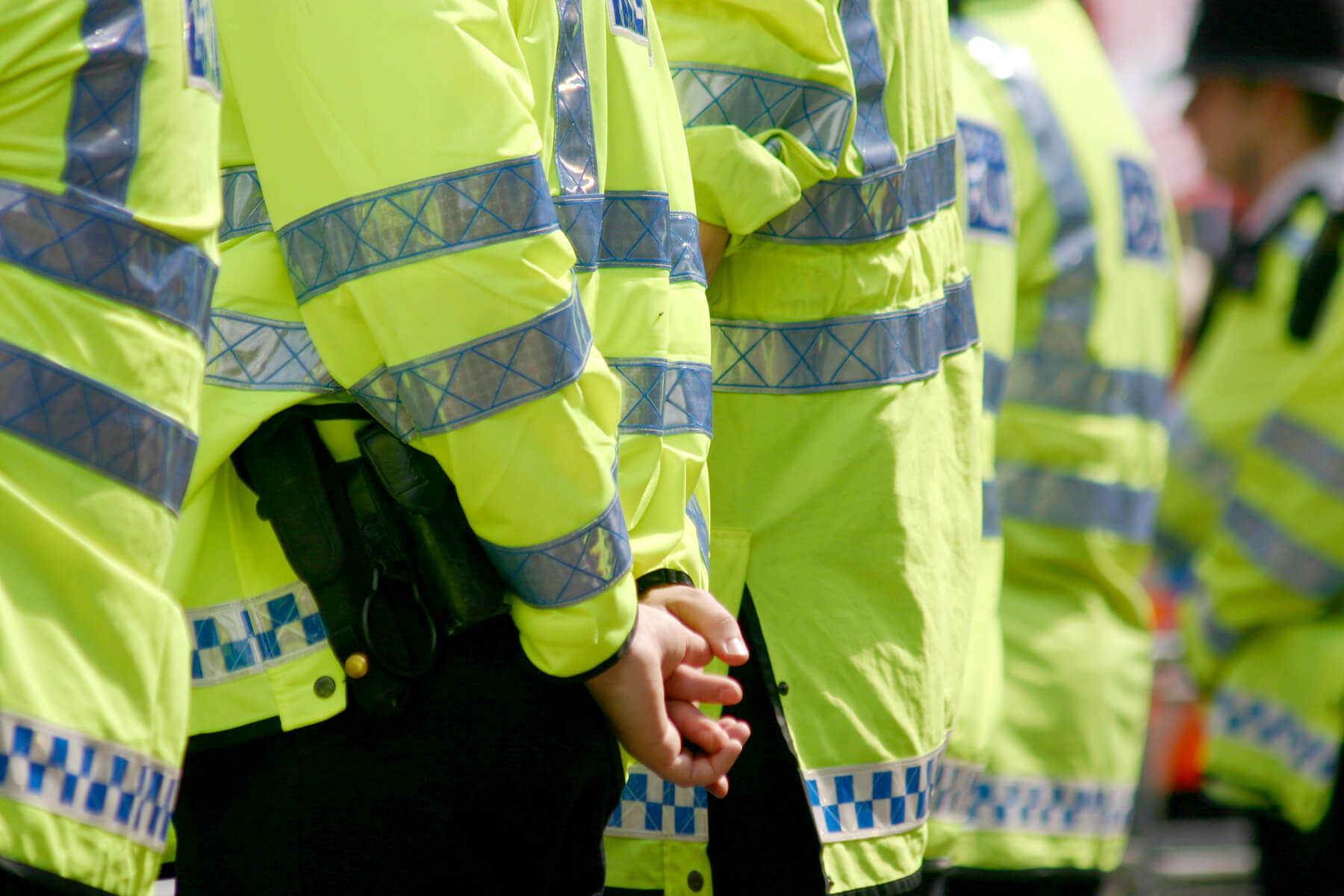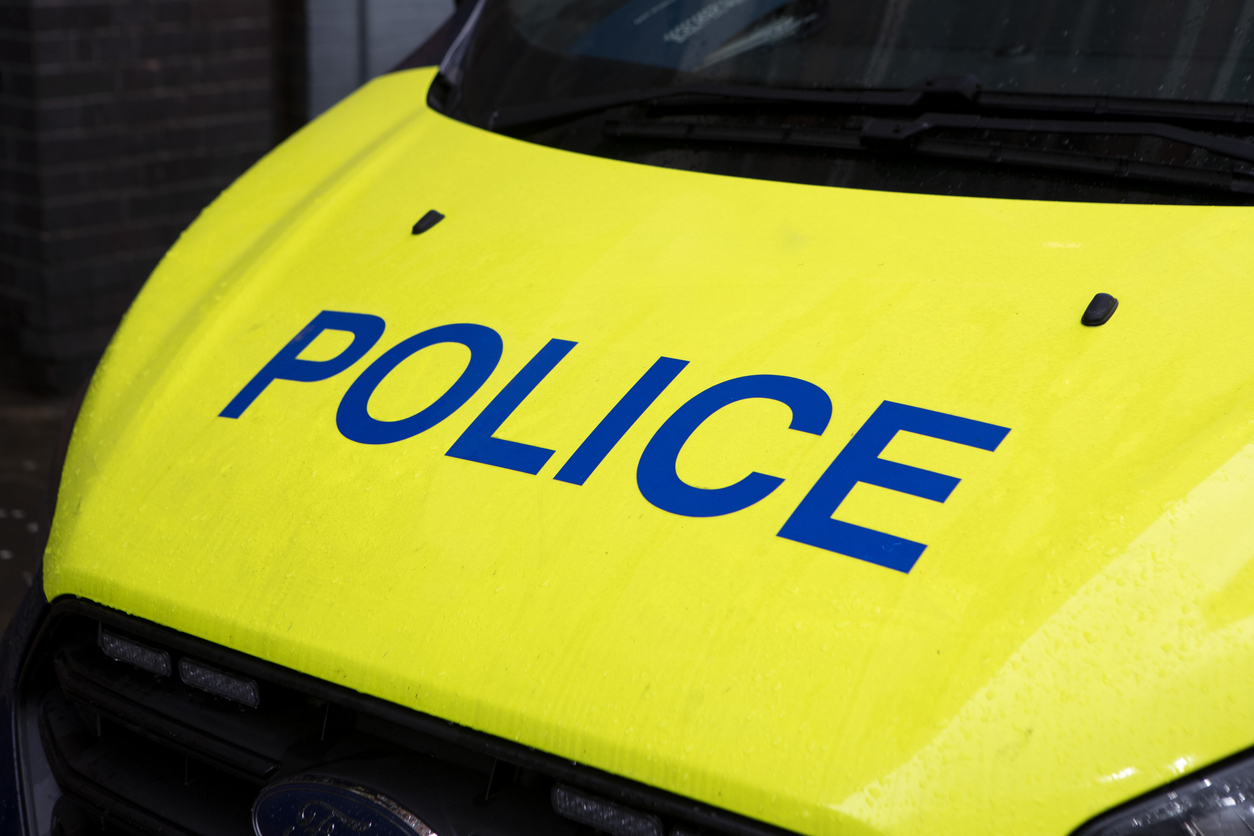Hundreds more unlawful train fare evasion prosecution cases quashed
Hundreds more unlawful train fare evasion prosecution cases quashed
The final batch of 500 cases have been quashed by the High Courts after tens of thousands were declared void last year. This comes after it was revealed last year that several train companies had prosecuted individuals unlawfully using the Single Justice Procedure.
After quashing more than 28,000 prosecutions in November 2024, last Wednesday, at a three-minute hearing at Westminster Magistrates Court, Mr Goldspring quashed 350 Northern Rail cases, 180 TransPennine Express cases, and 36 Great Western Railway cases. He said this should be the final hearing which deals with these kinds of prosecutions.
“These cases should not have been brought,” Mr Goldspring told the court.
“Any reconciliation in relation to fines is between the Courts and Tribunals Service and the prosecuting railway companies.”
HM Courts and Tribunals Service (HMCTS) is reportedly using court records and case information held by rail providers to contact those affected in writing. This could be difficult, however, as the cases span over a number of years, and many people may have moved since.
Therefore, if you feel you have been affected and have moved address since, they have requested you contact via telephone on 0300 303 0656 to provide updated information. You will need your case number or account number to be able to update your records effectively.
If you think you were charged for fare evasion under the Regulation of Railways Act by the SJP between 2018 – 2024, you should keep an eye out for written confirmation from the courts or contact them to update your details. You may also be entitled to claim back any fines or court costs and compensation for the unlawful retention of your data.
This final hearing comes after thousands of cases were quashed last year when it was discovered that many train companies had been using the Single Justice Procedure to unlawfully prosecute individuals.

What was the train fare evasion prosecution scandal?
We wrote about the train fare prosecution scandal last year after it was discovered that around 75,000 people had been unlawfully prosecuted by train companies for fare evasion. This came after an Evening Standard investigation found that rail firms had been misusing the fast-track court system for years and exposed the injustices in the system.
Chief Magistrate Paul Goldspring ruled last August that these prosecutions were unlawful and paved the way for thousands of train fare evasion prosecutions to be quashed, the remainder of which were ruled upon in early February 2025.
A lot of these cases were made worse due to the fact they came about as a result of harsh and unfair treatment of passengers. Many had mistakenly bought the wrong ticket due to confusing or unclear rules, or those who had tried to purchase tickets but were unable to due to station machines not working and staff not being present to assist.
For example, one of the clients we are representing, who was affected by the train fare prosecution scandal, was wrongly prosecuted after they were unable to buy a ticket at their station because there were no staff in the ticket office and the machine was broken. They were given a £400 fine and later found out their application to join the police was rejected due to the conviction showing up on their record.
This demonstrates the huge impact wrongful convictions like these can have on an individual’s life. It’s not something to be taken lightly, and those affected should claim compensation for the ordeal suffered.
“Some people are commenting, ‘Well it’s only people dodging fares, so why should they get away with it?’
“But it is a common misconception among the general public that if the police or a government body says you have done something wrong, then it must be true. Sadly, that’s not always the case.”
What is the Single Justice Procedure, and how was it misused by rail companies?
The Single Justice Procedure (SJP) was introduced in 2015 to allow magistrates to rule on minor offences in closed proceedings without the defendant needing to be present in court. It was intended to prosecute minor offences such as watching TV without a license or driving without insurance, those charges that don’t carry a prison sentence.
Under the SJP, if a defendant intends to plead guilty, they can submit their plea digitally or by post, and the case can be resolved without any need for a court hearing.
The SJP did extend prosecutions to cover private rail fare evasion prosecutions, but many train companies were prosecuting individuals under the Regulation of Railways Act 1889, which they are not permitted to do, as this carries a potential prison sentence of three months. The SJP is reserved for offences that cannot result in imprisonment.

How do I know if I have been affected by the train fare evasion prosecution scandal?
Those affected were said to be prosecuted under either section 5(1) or section 5(3) of the Regulation of Railways Act 1889 since 2018, but the vast majority of cases were prosecuted from 2020 to 2024.
Seven train firms were confirmed to have been unlawfully using SJP to prosecute passengers. These train firms include:
• Northern Rail
• Greater Anglia
• TransPennine
• Avanti West Coast
• Great Western Railway
• Arriva Rail North
• Merseyrail
If you received a court summons via the SJP and were charged for fare evasion by one of the above train companies under the Regulation of Railway Act, you are likely to be eligible for a refund. The courts said that they have/are contacting all individuals involved, so if you have recently found that your case was quashed by the courts, then you have been affected and are eligible.
Those who have had their prosecutions quashed are now entitled to have their fines and court costs repaid. Due to the huge amount of people affected by this, the costs could run into the millions of pounds.
If you have been affected, you are entitled to a refund from the train company and could also claim compensation for the unlawful retention of your data. Find out more about making a claim if you have been affected by the train fare evasion prosecution scandal here.
What happens now to those affected?
As prosecutions were declared a “nullity”, the convictions will be removed from the record, and the courts must reimburse the Defendants for any sums they paid as part of their sentencing, as if the proceedings had never existed. The prosecution should also be removed from your record, and if you have never had any other convictions, or pending convictions your details should no longer be held on any police databases. If they remain on police databases, you can claim compensation for unlawful retention of data.
Those affected by this could be entitled to a refund of the fine they paid as well as compensation for the unlawful processing and retention of their data. This is because in order to prosecute you, your personal data may be unlawfully held on various Police or Court databases, which could detrimentally impact you and your life.
A record of your conviction could be accessed by those seeking to review your criminal record, which could have a negative impact. For example, when applying for jobs, universities or when travelling abroad, if your name is flagged on a police database, you could be denied admission or turned down for the role.
Therefore, those affected by this unlawful prosecution could be entitled to claim compensation for the unlawful processing and retention of their data.

What is unlawful retention of data?
Unlawful retention of your data is a breach of your data protection and human rights. It occurs when your data is retained when it should not be. For example, in this instance, as the prosecution has been deemed unlawful, it means the prosecuting authority acted unlawfully in obtaining your personal data.
On top of this, when you receive a conviction, a record is retained by the relevant police force, the Court, and the rail company. It is also added to the Police National Computer (PNC). The PNC is a national database police forces use to hold details on individuals with criminal records. It can be accessed by all police forces and relevant agencies.
As previously discussed, having a conviction on the PNC can detrimentally impact you when it comes to applying for jobs, universities and international travel or immigration.
If you were previously convicted for fare evasion unlawfully, and it has now been nullified, the details of your conviction should be removed from the record, and provided you have no prior or pending convictions, your personal details should be removed from the PNC. If not, this is classed as unlawful retention of data.
HNK Solicitors can help if you have been affected by the Train Fare Prosecution Scandal
If you have been unlawfully prosecuted by a rail company under the SJP and have since had your conviction quashed, HNK Solicitors can help you get reimbursed for any costs and claim compensation for the unlawful processing and retention of your data. As well as getting reimbursed for any financial losses suffered, you could be entitled to claim compensation for any distress suffered, such as if it aggravated pre-existing anxiety or depression or if you suffered in other ways, such as reputational damage or lost future income, as a result of the conviction.
The level of compensation will depend on how you have suffered because of the prosecution, and HNK Solicitors will fight to ensure you get every penny you’re entitled to. We have a team of experienced solicitors who have successfully claimed compensation for other clients for the unlawful retention of their data.
Get in touch with our team today to arrange a free consultation to discuss the details of your case. We can take on claims on a no-win, no-fee basis, which means you won’t have to pay a penny upfront to start your claim. Call us on 0151 668 0814 or email us at enquiries@hnksolicitors.com. Alternatively, you can fill in our online claim form, and one of our team will be in touch to find out more.













